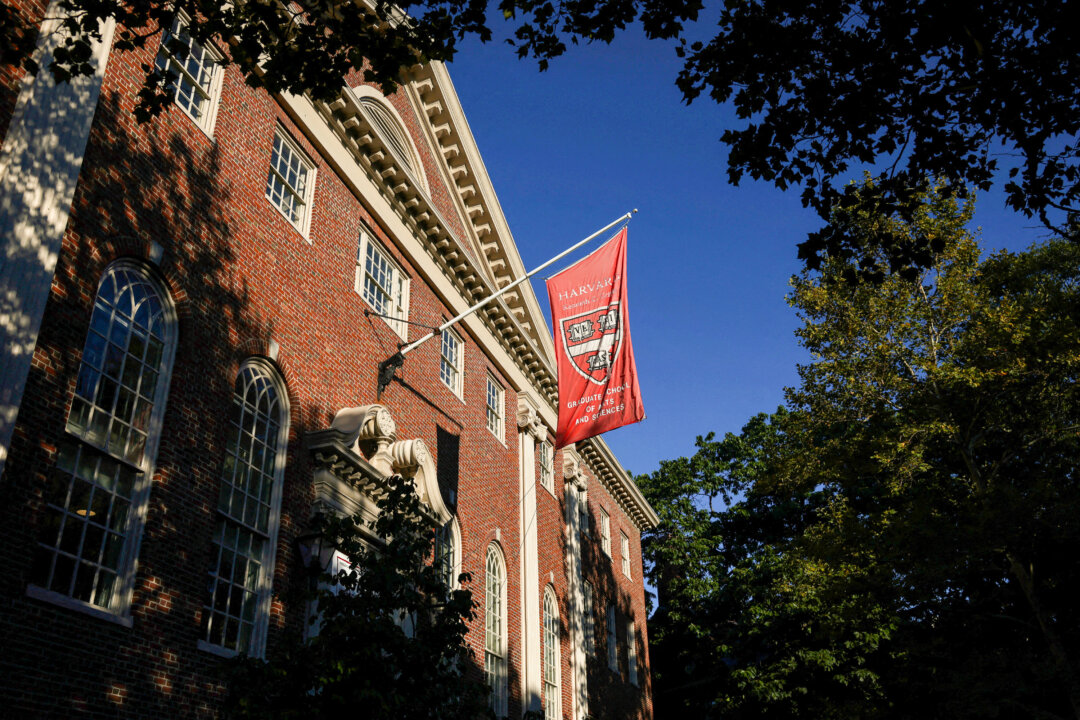Lawsuit against ExxonMobil, Suncor to continue in Colorado court – Washington Examiner
A recent ruling by the Colorado Supreme Court allows a lawsuit filed by the city of Boulder against ExxonMobil and Suncor to proceed in a lower district court.The lawsuit seeks to hold these oil companies accountable for thier alleged contribution to climate change. The court persistent that federal law does not preempt the city’s claims, enabling the case to continue in the state court system. Boulder filed the suit in 2018, seeking damages for costs incurred in combating the effects of climate change, which the city argues were caused by the companies’ production and promotion of fossil fuels.
The ruling has been praised by Boulder officials, who believe it brings them closer to achieving justice against corporations accused of misleading the public and evading responsibility for environmental damage. Though,dissenting justices expressed concerns that local lawsuits like this might improperly regulate interstate air pollution. ExxonMobil has stated its intent to fight the claims while also emphasizing its investment in lower-emission initiatives. Legal experts have raised questions about the challenges of proving direct causation of climate change in such lawsuits.
Lawsuit against ExxonMobil, Suncor to continue in Colorado court
(The Center Square) — A lawsuit by the city of Boulder that seeks to hold oil companies accountable for their purported role in climate change will continue in a lower district court.
The Colorado Supreme Court said in a ruling Monday that federal law doesn’t preempt the city’s claims in the lawsuit, so the case will continue in the state court system. The case was filed in Boulder County District Court in 2018 against oil and gas producers ExxonMobil and Suncor.
Boulder seeks damages from the companies “because they knowingly caused and contributed to the alteration of the climate by producing, promoting, refining, marketing and selling fossil fuels.” The city argued it will continue to have to spend millions to protect against climate change impacts.
“We now conclude that Boulder’s claims are not preempted by federal law and, therefore, the district court did not err in declining to dismiss those claims,” the Supreme Court said.
Justices Carlos Samour Jr. and Brian Boatright dissented from the majority’s opinion. They urged the U.S. Supreme Court to take up the issue, noting a trend in local governments across the country bringing climate lawsuits.
“Boulder is not its own republic; it is part of Colorado and, by extension, of the United States of America,” the dissenting opinion said. “Consequently, while it has every right to be environmentally conscious, it has absolutely no right to file claims that will both effectively regulate interstate air pollution and have more than an incidental effect on foreign affairs.”
Boulder officials praised the ruling in statements, saying they’re “one step closer to justice.”
“This ruling affirms what we’ve known all along: corporations cannot mislead the public and avoid accountability for the damages they have caused,” Boulder Mayor Aaron Brockett said in a statement. “Our community has suffered significantly from the consequences of climate change, and today’s decision brings us one step closer to justice and the resources we need to protect our future.”
A government affairs official with ExxonMobil told CPR News the corporation will “continue to fight these claims, but more importantly, will continue to provide millions of Americans with the products needed every day to power their lives and homes, while investing up to $30 billion in lower-emission initiatives through 2030.”
Suncor did not immediately respond to The Center Square’s request for comment.
WEST VIRGINIANS HESITANT ABOUT COAL REVIVAL SAY THEY’VE BEEN BURNED BEFORE
Some legal experts have questioned similar climate lawsuits and whether they can prove energy companies’ direct causation of climate change.
“Did fossil fuels actually cause this impact?” George Mason University Professor Donald Kochan previously told The Center Square. “Then how much of these particular defendants’ fossil fuels caused this impact? These are the things that should be in a typical trial, because due process means you can’t be responsible for someone else’s actions. Then you have to decide, and can you trace the particular pollution that affected this community to the defendant’s actions?”
" Conservative News Daily does not always share or support the views and opinions expressed here; they are just those of the writer."




